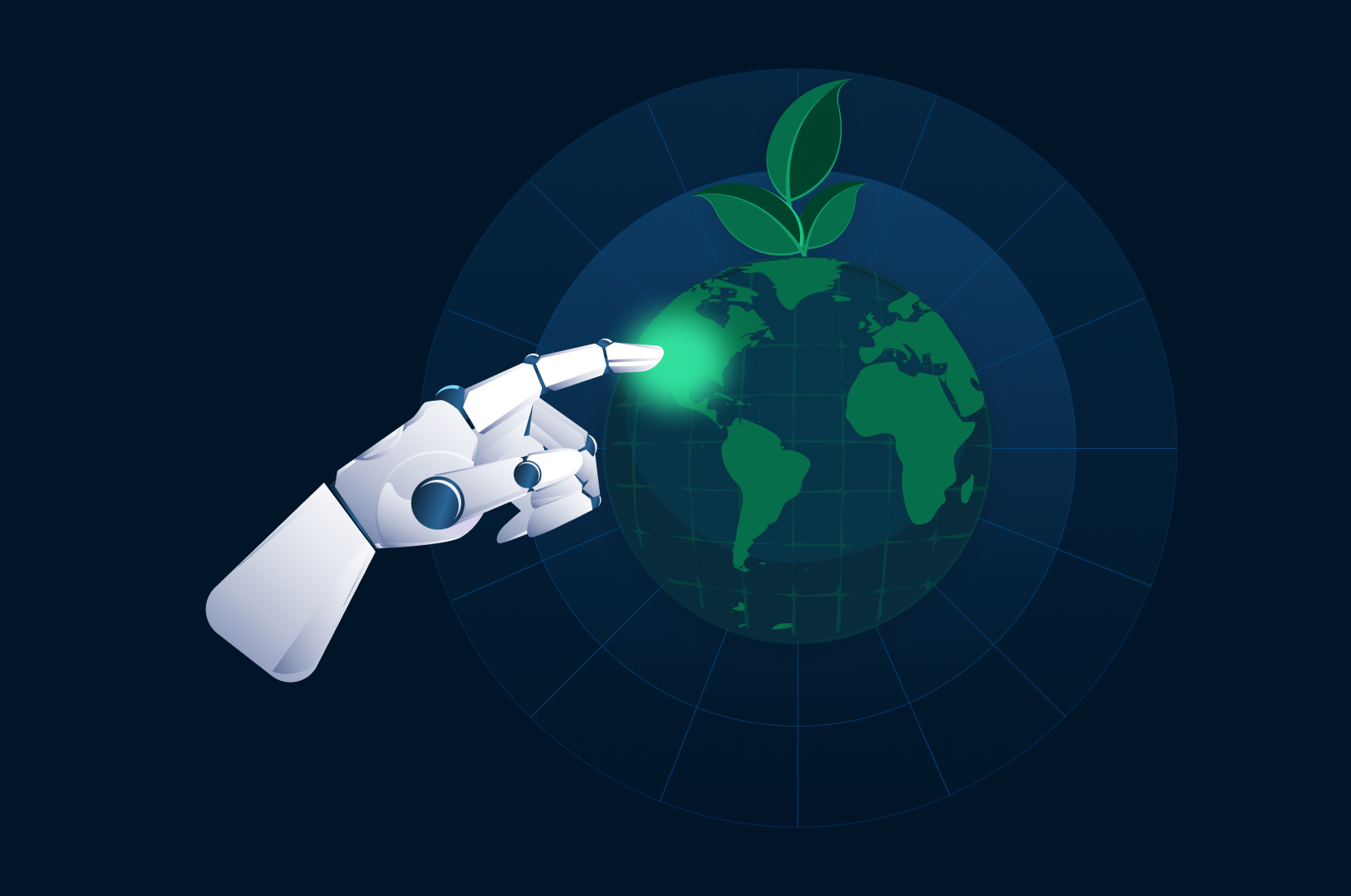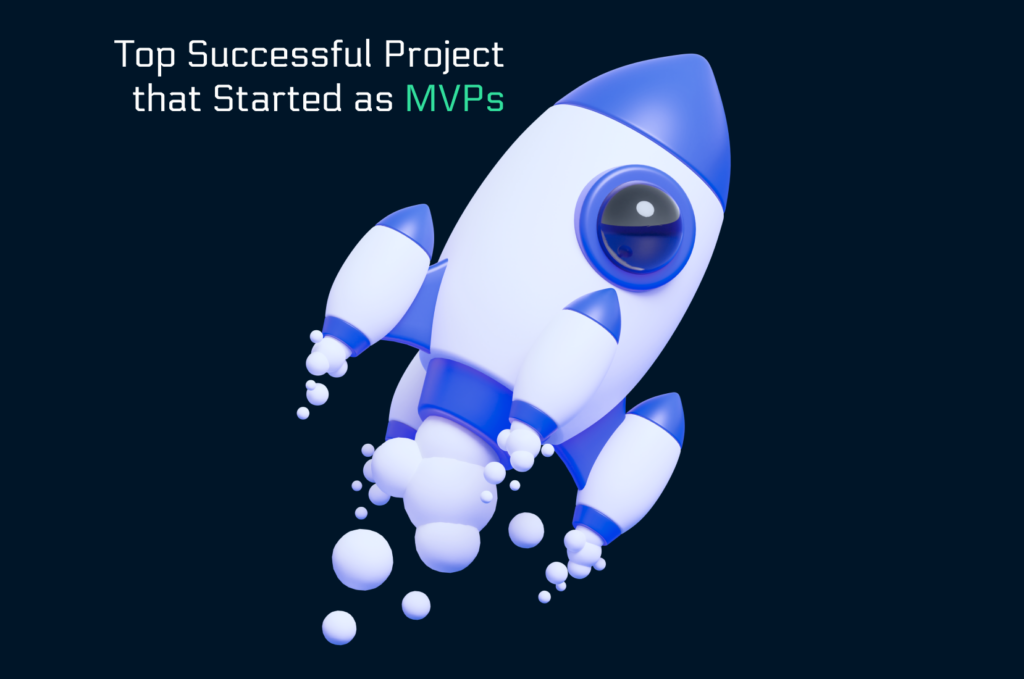Artificial intelligence and machine learning have changed the landscape of environmental monitoring and management. This has provided scientists, policy makers, and conservationists with more opportunities to gain deeper knowledge, make more accurate predictions, and implement more effective strategies.
“We are seeing increasing evidence that artificial intelligence can prove an invaluable instrument in tackling climate change.” – UN Climate Change Executive Secretary Simon Stiell.
What We Can Expect
Improving Environment
With the implementation of AI and ML into environment monitoring and management of air, water, and soil quality are significantly enhanced. Through air quality sensors, water quality sensors, and soil sensors we can make a deep analysis and create predictions. Based on this, decisions are made about today’s actions, which, of course, directly affect the future.
Air Quality
With ML implementation we can scrutinize data sourced from a variety of outlets, make analysis of patterns, pinpoint pollutant sources, and predict pollution levels. In this way enables authorities to proactively implement measures to mitigate pollution and safeguard public health.
Water Quality
ML algorithms identify sources of water pollution, predict harmful algae blooms, and detect changes in various water quality parameters. This is possible by analyzing raw data, remote sensing platforms, and historical records. This valuable knowledge helps to take prompt action to prevent pollution, provide safe drinking water to the public, and maintain the health of aquatic ecosystems.
Soil Quality
ML algorithms can create soil quality maps, predict soil erosion, and determine optimal conditions for growing crops. All of this is done by integrating information from soil sensors, satellite images, and weather data. This valuable information empowers farmers to improve agricultural practices in that time to preserve soil resources and mitigate environmental impacts.
Food Quality
ML helps the agricultural sector develop more environmentally friendly practices. This way, they can predict yields, withstand droughts, and optimize resource use. AI systems can also recognize and track pests and diseases in real-time. This enables farmers to implement targeted control measures and reduce crop losses. Such strategies have a direct impact on food quality, especially on reducing the amount of pesticides and fertilizers used.
Wildlife
Protecting endangered species stands out as one of the most global challenges confronting our planet today. Therefore, technology today is our best ally in solving this complex request. By applying ML algorithms to large datasets, researchers can track wildlife populations, and analyze their behavior, migration patterns, and habitat.
Monitoring and tracking
Artificial intelligence offers tools and methods for tracking and monitoring wildlife populations. This can help strengthen conservation initiatives and ultimately prevent species extinction. Algorithms can automatically detect and track animal movements and determine behavioral patterns. All of this is based on remote sensing data, camera traps, and acoustic sensors. This helps to estimate population numbers, model habitats, and predict the impact of environmental changes on wildlife.
Classification
In addition to animal tracking, artificial intelligence facilitates the process of species identification and classification. This is especially important in situations where species distinction is difficult or when new species are discovered. Thanks to AI image recognition, you can quickly and accurately identify species in photos and videos, as well as track their changes over time.
Predictions
Another way to implement AI in wildlife conservation is by predicting the impacts of environmental changes on animal populations. Through the analysis of data related to climate, land use, and various factors, researchers leverage machine learning models to anticipate the impact of these changes on species and their habitats. This predictive capability aids in shaping informed conservation strategies and identifying regions most susceptible to threats such as habitat loss.
This information is pivotal for formulating effective conservation strategies, managing wildlife, and preserving biodiversity.

Climate change modeling
AI models can help in simulations the intricate relationships among climate, ecosystems, and human actions, offering a valuable understanding of the potential consequences of climate change on diverse regions and ecosystems.
ML algorithms can analyze vast amounts of climate data to identify patterns, trends, and relationships that may be challenging for traditional models to capture. Particularly regression models and neural networks can be trained to predict specific climate variables based on historical data or emulate complex climate models, providing faster and computationally efficient approximations. It is also important that these models are adaptive and can continuously learn from new data, improving predictions over time. This is particularly useful in a changing climate where historical patterns may not fully represent future conditions.
With AI implementation organizations can anticipate acquiring more precise and valuable insights. This allows to enhance the efficiency and promptness of efforts aimed at countering environmental destruction, ultimately securing harmonious coexistence among animals, humans, and their habitats. Nowadays AI insights play a crucial role in the battle against climate change and it can be highly effective cooperation in conservation initiatives.
Accelerating research and discovery
ML algorithms excel at processing vast datasets of ecological information, revealing concealed patterns and relationships that conventional methods might overlook. This capability aids researchers in formulating novel hypotheses and attaining a more profound understanding of intricate ecological interactions and processes. AI-powered systems contribute by automating tasks related to data collection and analysis, liberating researchers from routine responsibilities and allowing them to channel their time and energy toward creative thinking and effective problem-solving.
What Can AI and ML Offer to the Ecology Sector?
Machine learning has brought about transformative changes in the field of environmental monitoring and management. Here are the key roles played by machine learning in this sector:

The Main Benefits of Implementing Artificial Intelligence for Ecology

Conclusion
In essence, AI is not merely a tool but a catalyst for a new era of ecological understanding and conservation. By harnessing the power of AI, we stand poised to unlock innovative solutions, safeguard biodiversity, and foster a harmonious coexistence between humanity and the natural world. The journey towards a sustainable future is undoubtedly enriched by the intelligent contributions of AI to the field of ecology. Make your ecological ideas into life with Amazinum!





